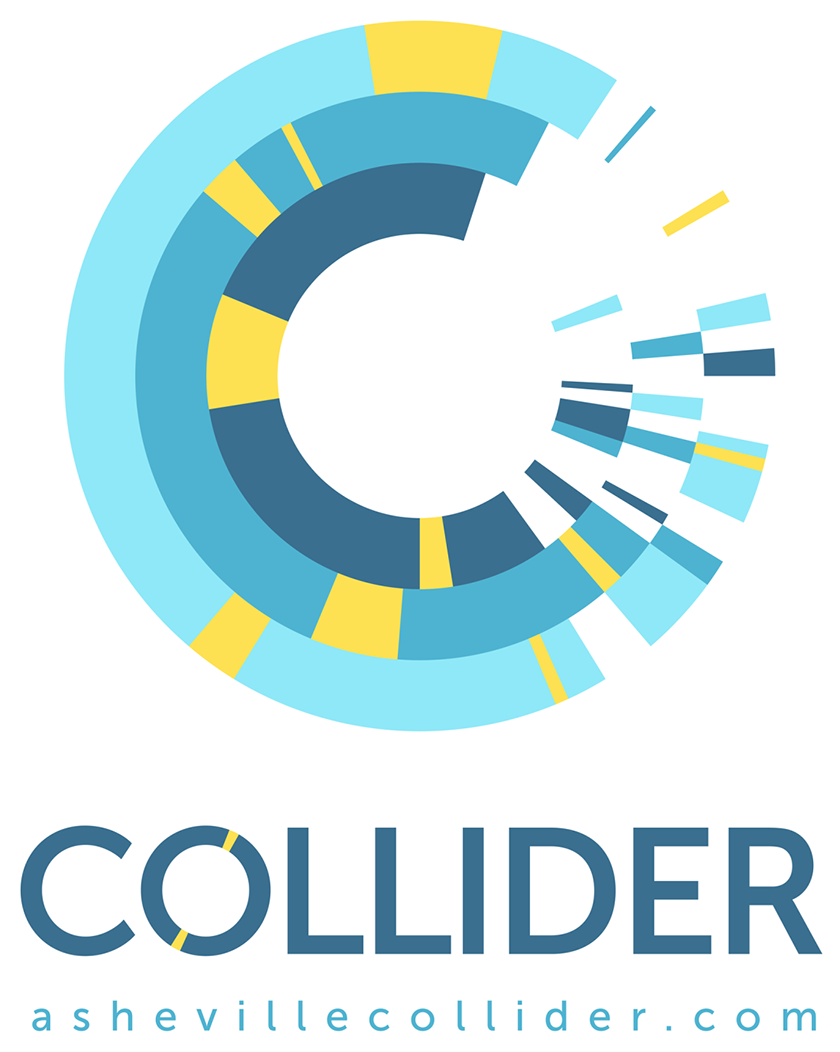Uncanny Luck
The Collider represents the most extraordinary opportunity for climate change collaboration and innovation in America. If I had been given a blank slate and a magic wand I could not have created a better incubator for my ideas and education. Synchronicity strikes again!
From the Collider:
“we exist to accelerate the development of products and services to help businesses and communities that affect climate or are affected by it. We are entrepreneurs, scientists, and engineers informing critical business and civic decisions.”
The Collider offers a meeting ground between the NOAA’s National Centers for Environmental Information and innovators from all over the world. This is where you would go to get a cup of coffee with leading climate scientists, data engineers and government officials before you launch a paradigm-shifting program. It gives birth to new ideas, and throws minds together for steamy, cross-discipline incubation. And I will be a member!
Having a desk at the Collider is precisely the kind of opportunity I thought I couldn’t find until I had a publisher, money and recognition. How could I find a way to talk through ideas with professionals in the field—especially if those ideas challenge the established conversation? How could I possibly get the ear of renowned climate scientists unless I had the backing of a publisher to make an introduction? I figured that I would need one of three things:
- A wide enough audience to catch the wandering attention of scientists.
- The backing of a well-known publisher to pave the way.
- Extraordinary luck.
Let’s hear it for option 3. With a bow on top.
Not only do I have the opportunity to meet and talk with top figures in climate change, I get a desk in their office. I can see them every day and talk through my ideas, even as I’m working on them. I’m more than excited; I’m ecstatic.
Sunday Club
When I lived in Paris, I would get together with my friends once a week to have lengthy, highly caffeinated discussions. We called our meetings, “Sunday Club,” maybe for the simplicity of it or maybe because none of us professed religion at the time. It certainly felt like a kind of communion.
There were only three or four of us, depending on the day, but we would talk for several hours at a time. The conversations regularly became heated, with fists banging on the table and bodies pacing in the isle. (If I’m honest, the banging and pacing was usually done by me.)
Not one of us was over twenty-three. All studying at the American University of Paris, living in a foreign city among foreign people. There were many, many new things to discuss.
I feel a renewed sense of deep contentment and excitement at the prospect of the Collider. It’s a sense I thought was lost to Parisian sidewalks and snooty waiters.
Hopefully I can keep from banging on the table this time.
